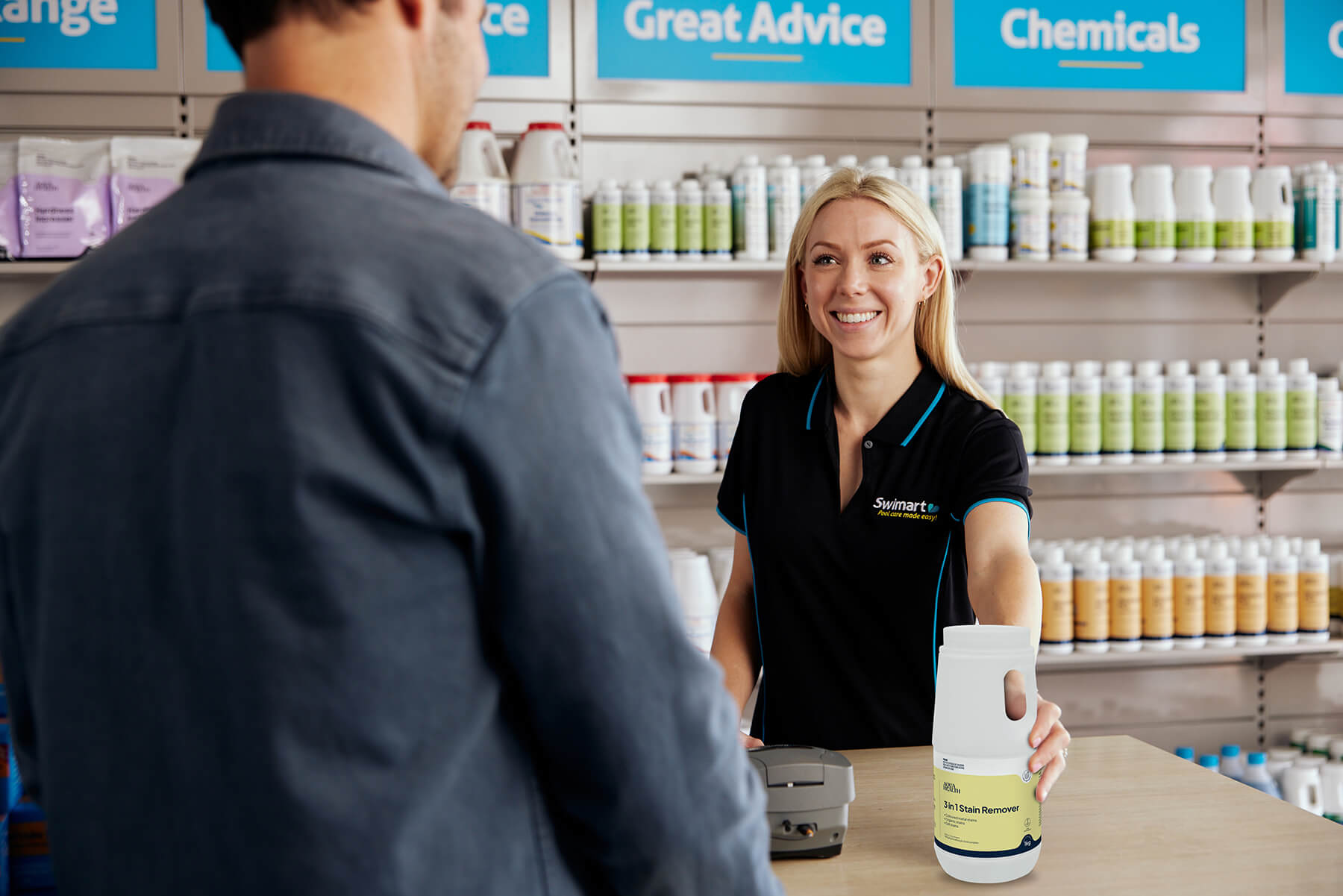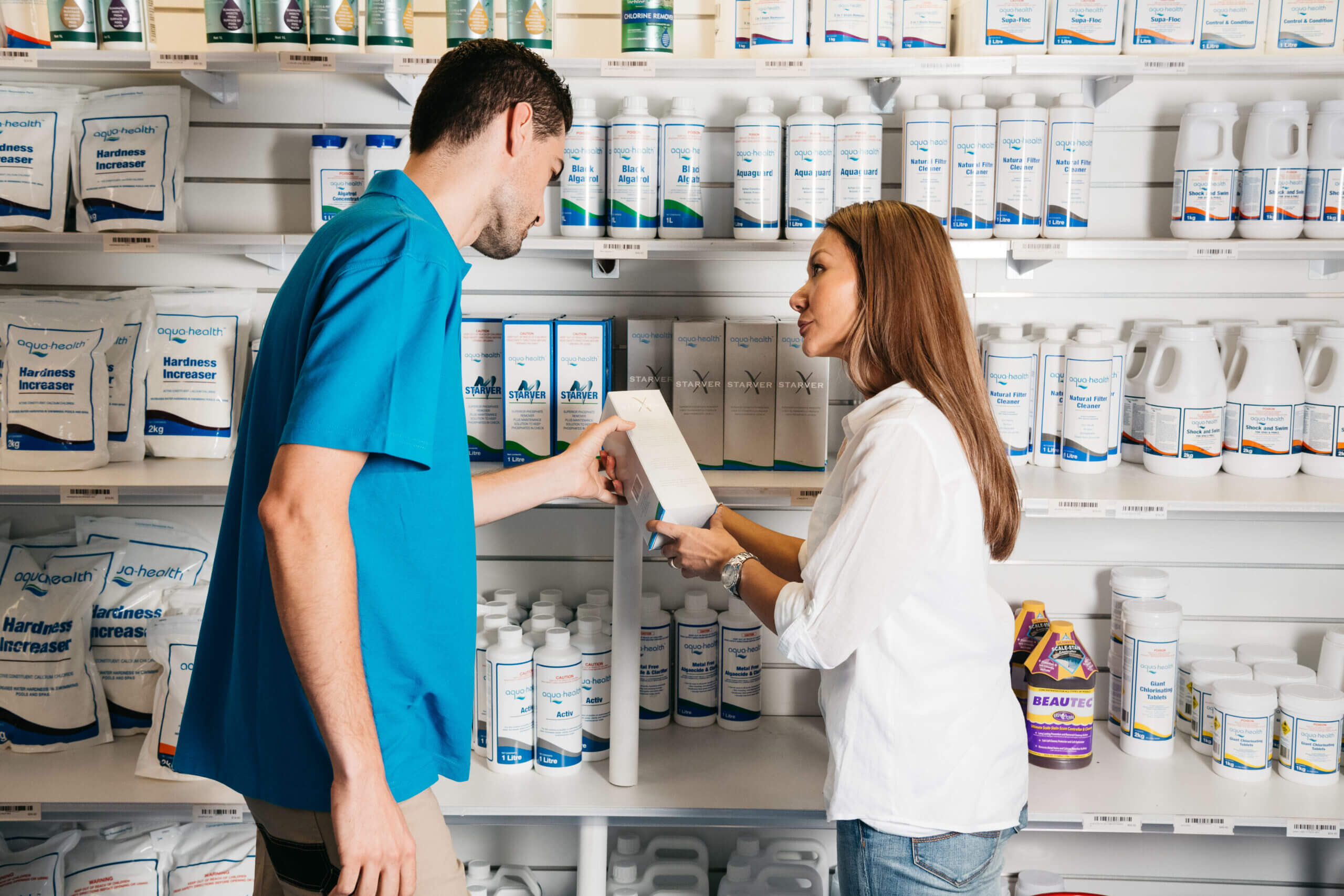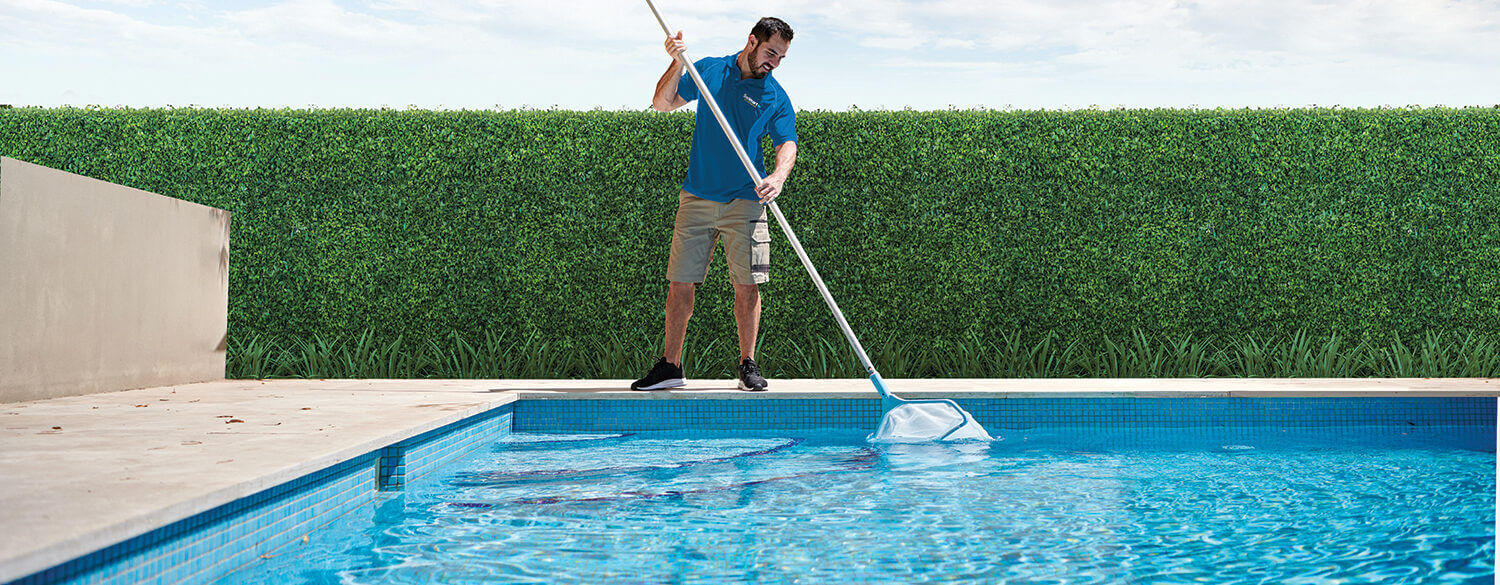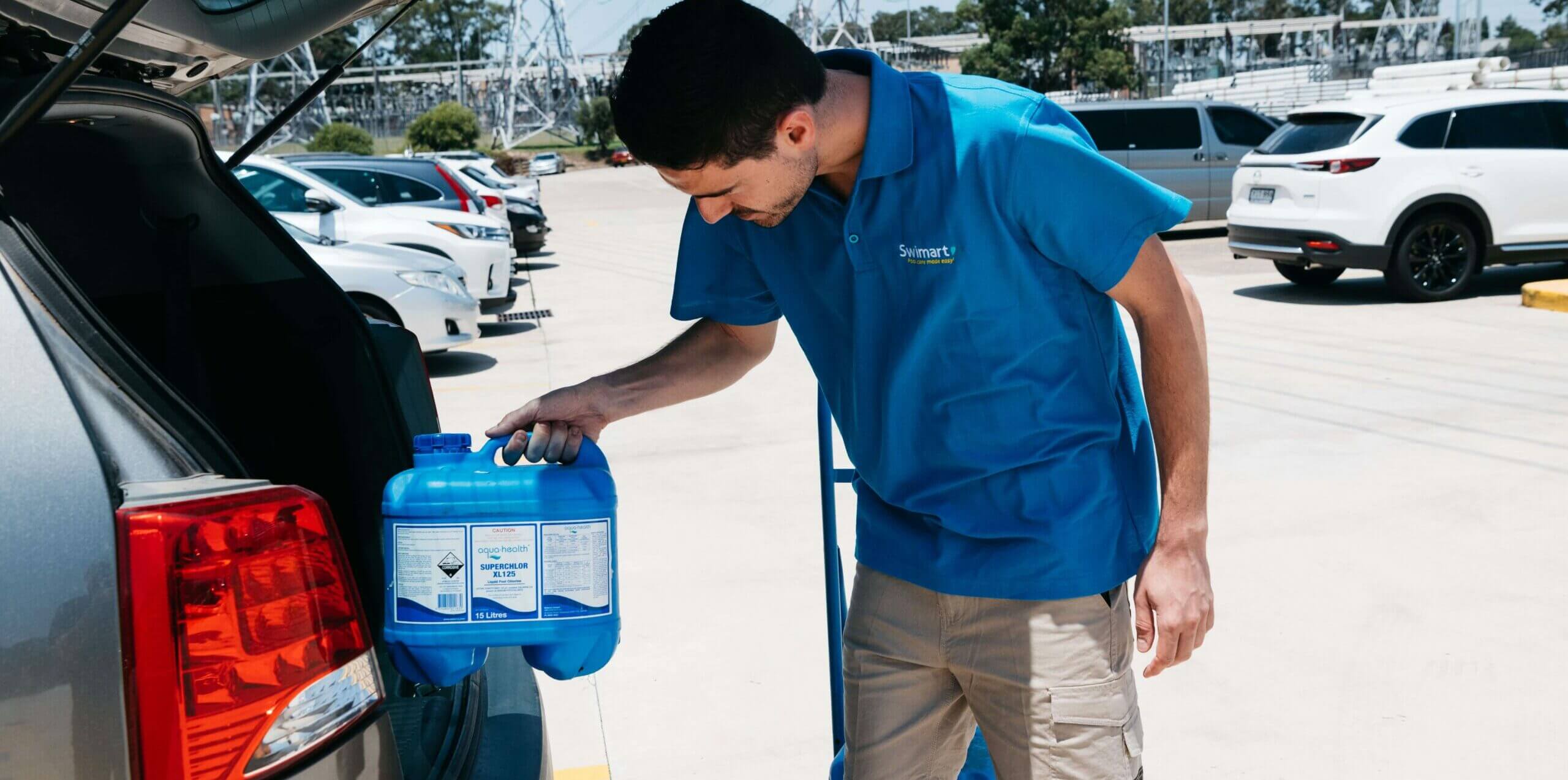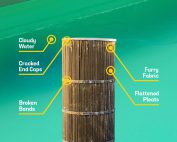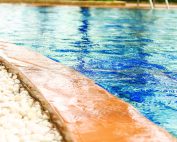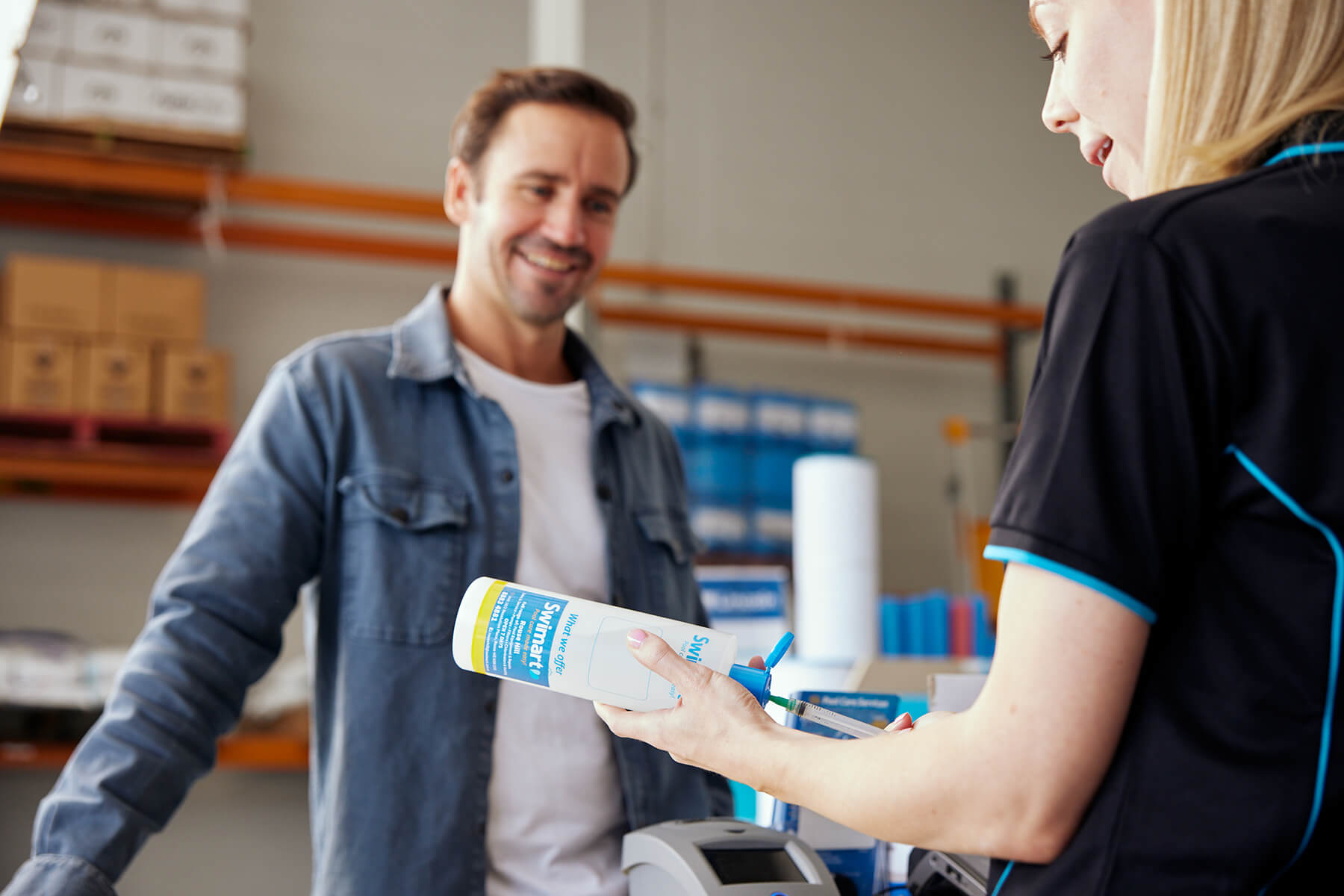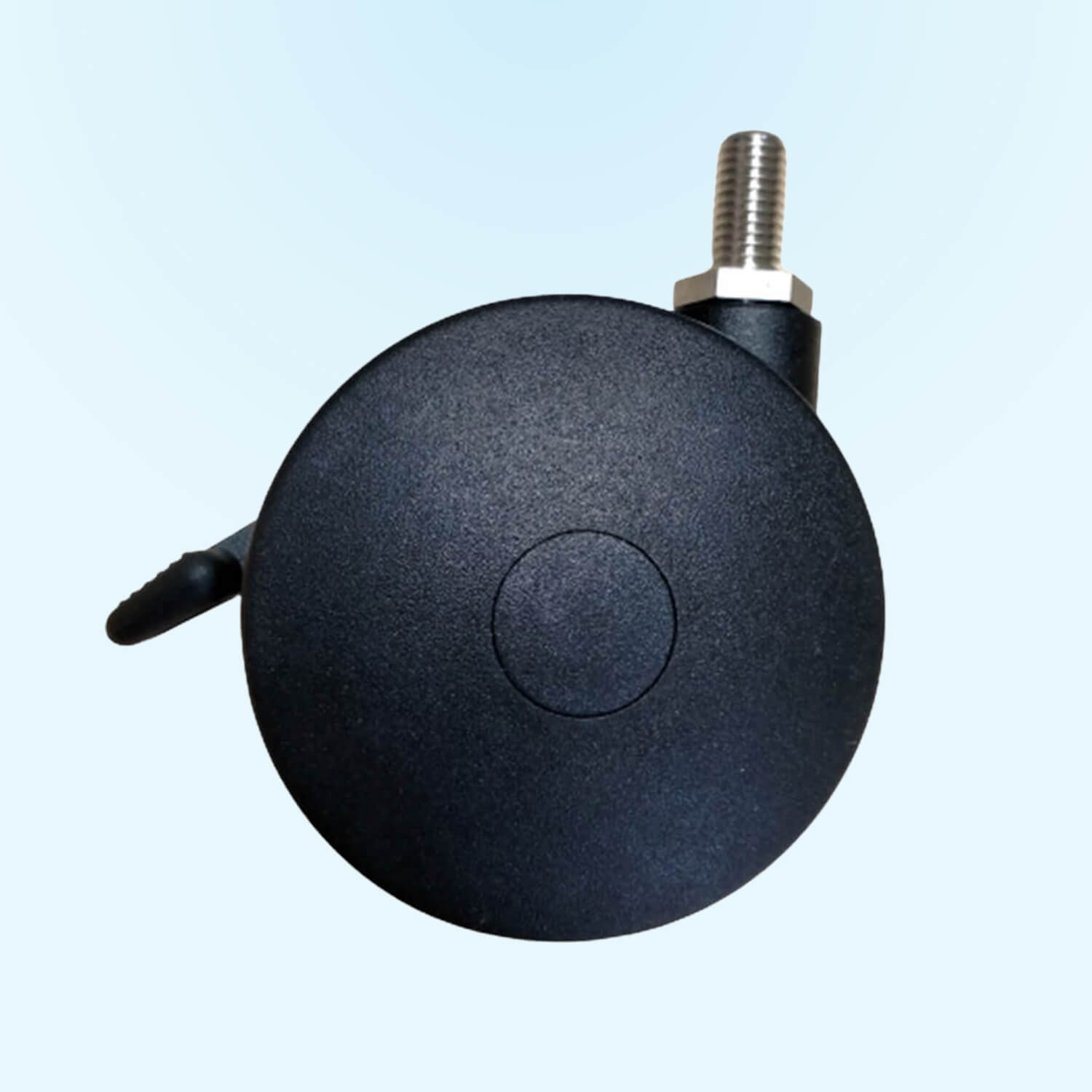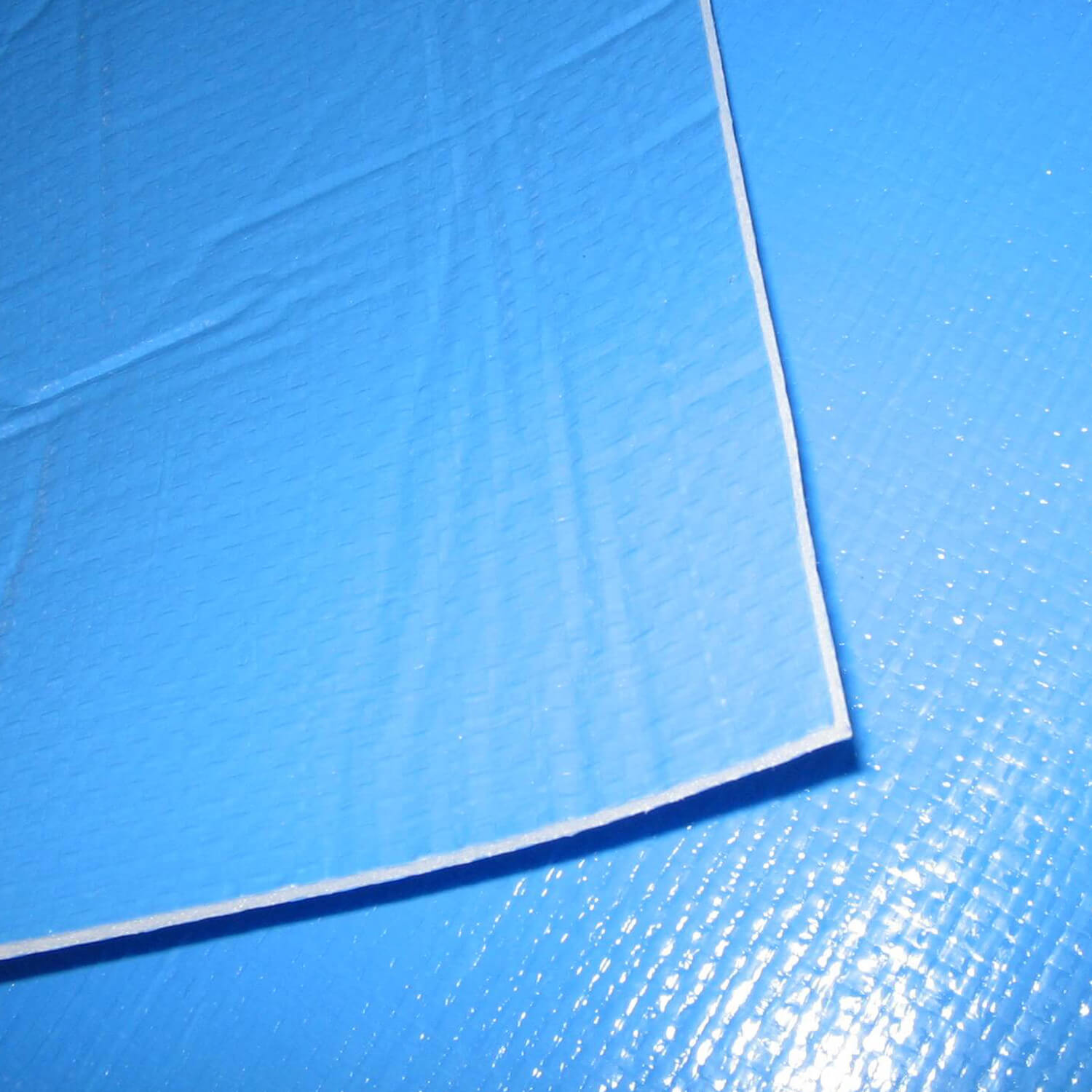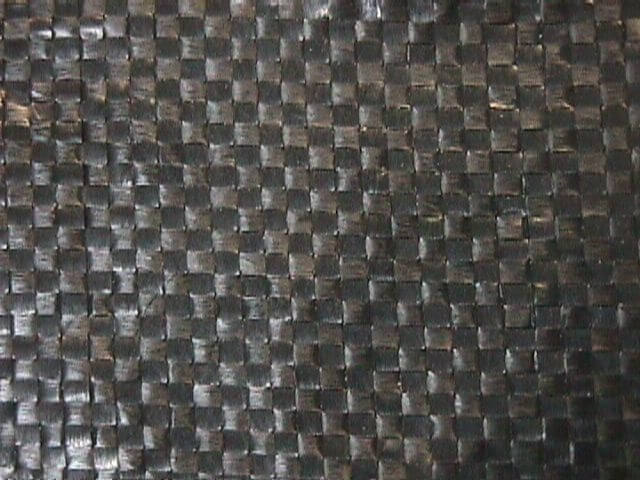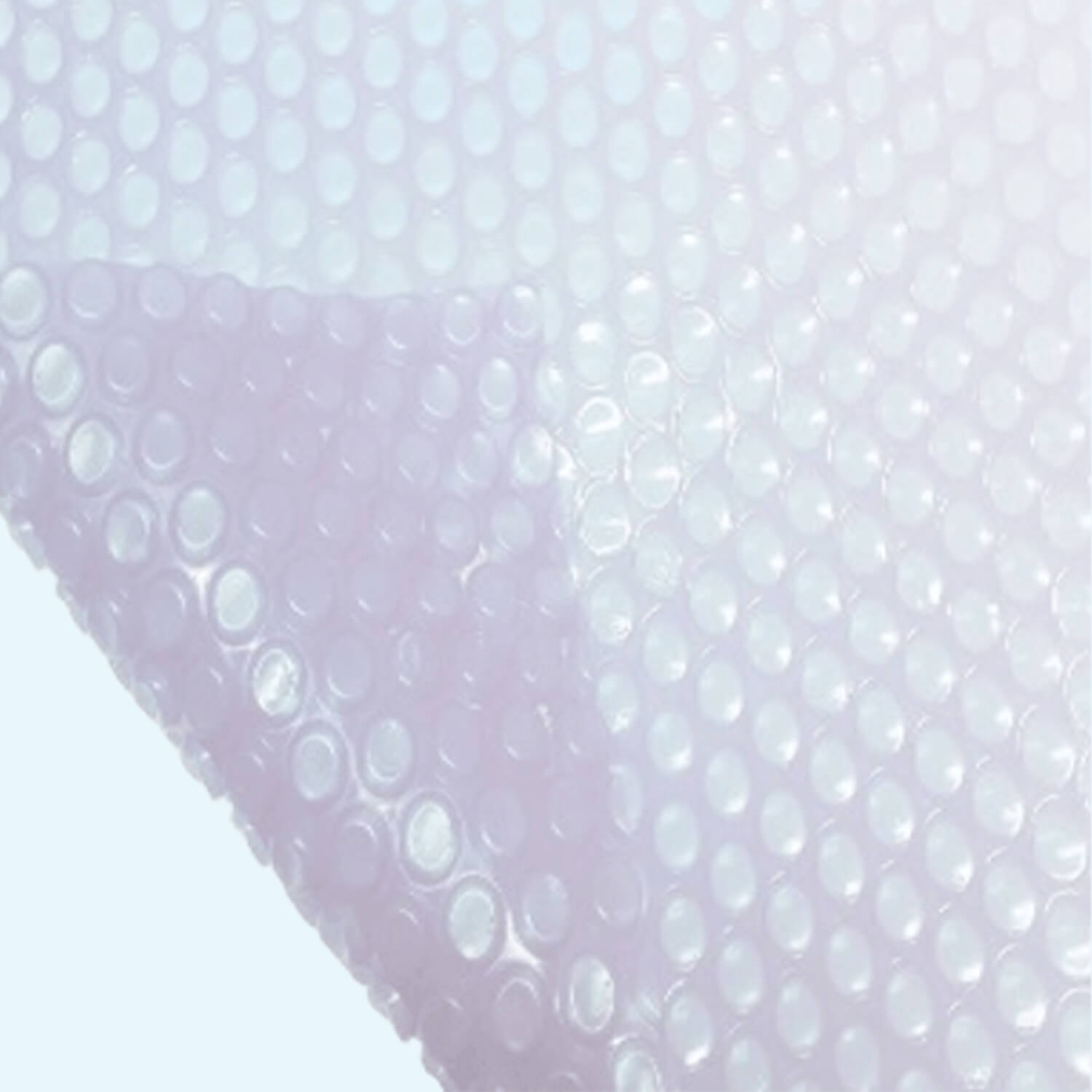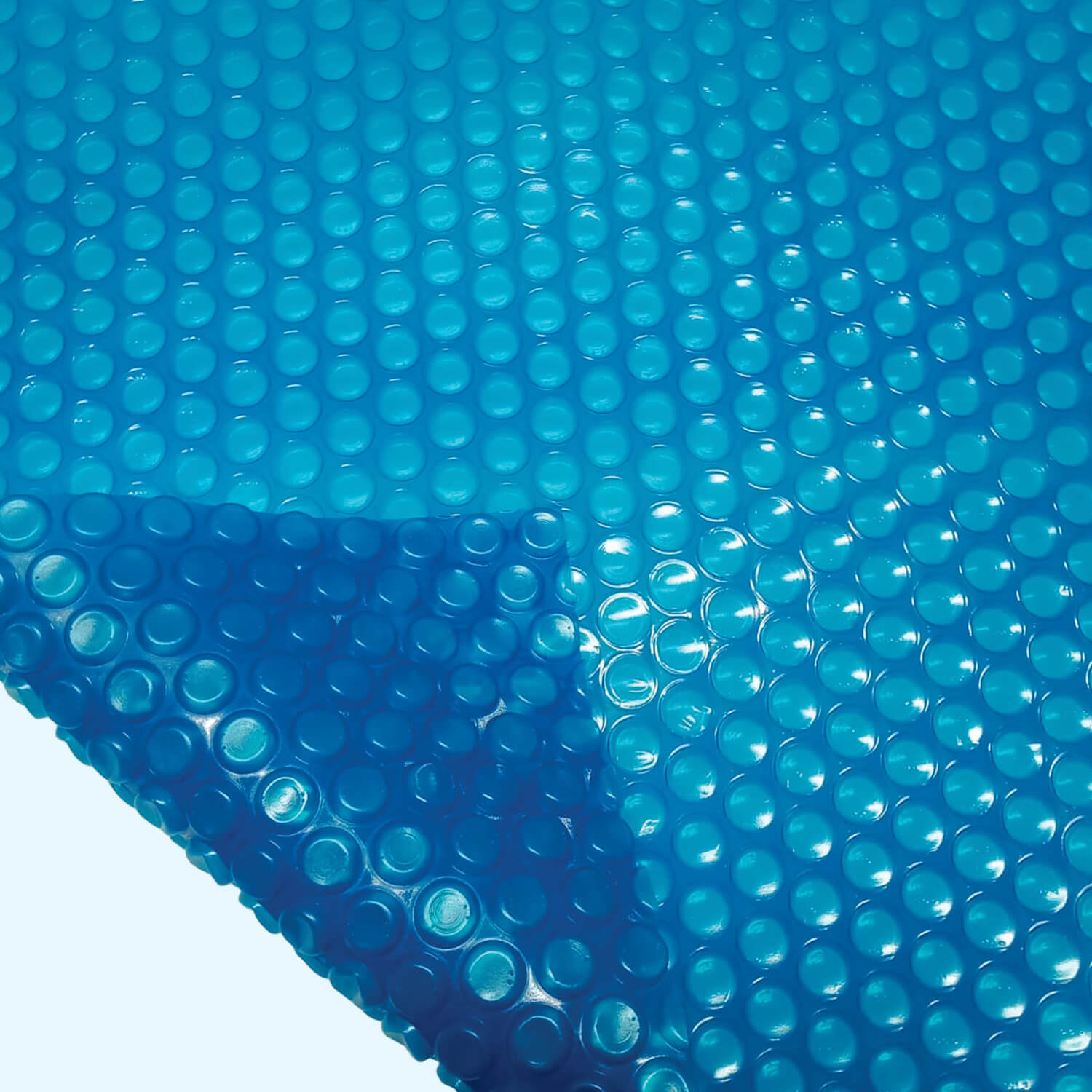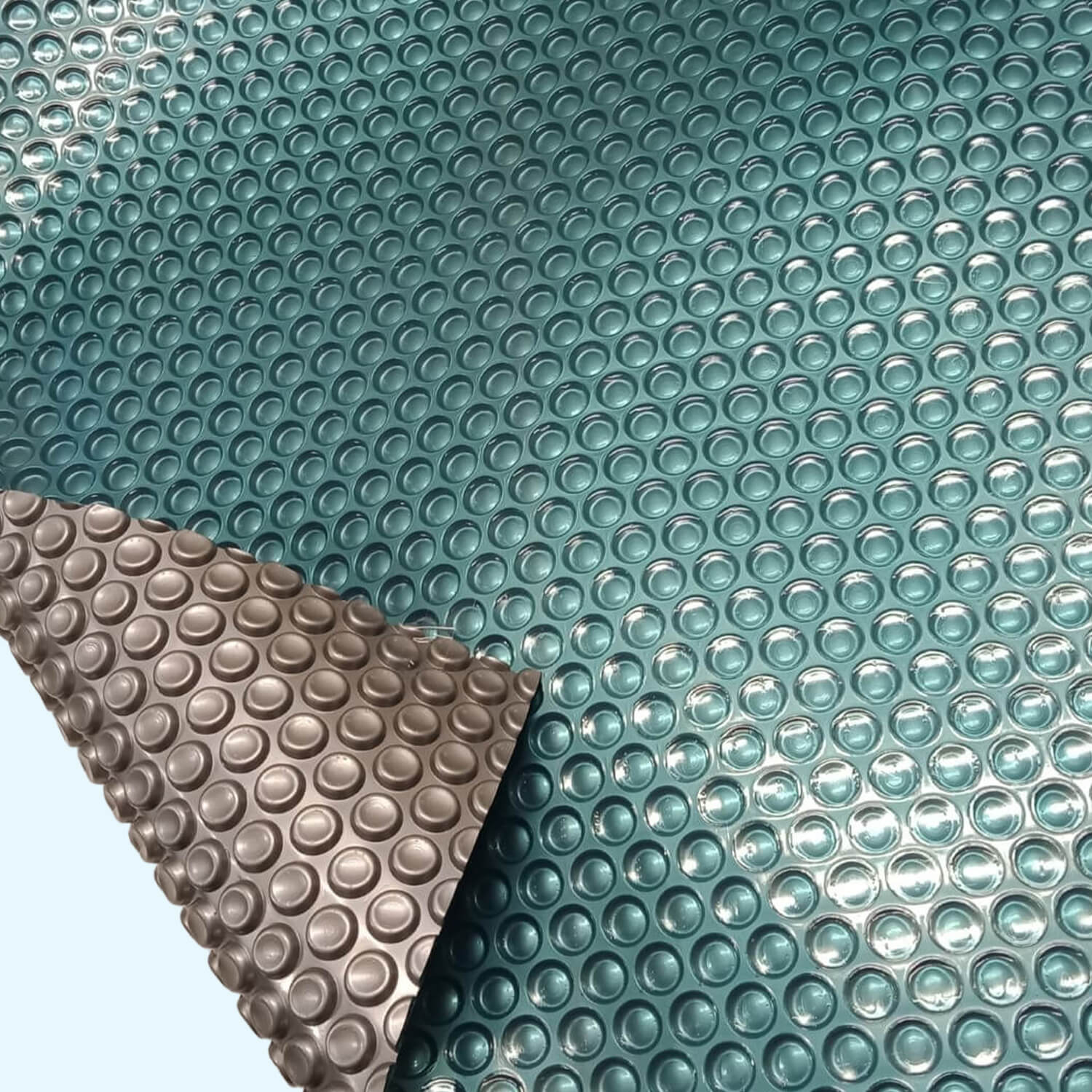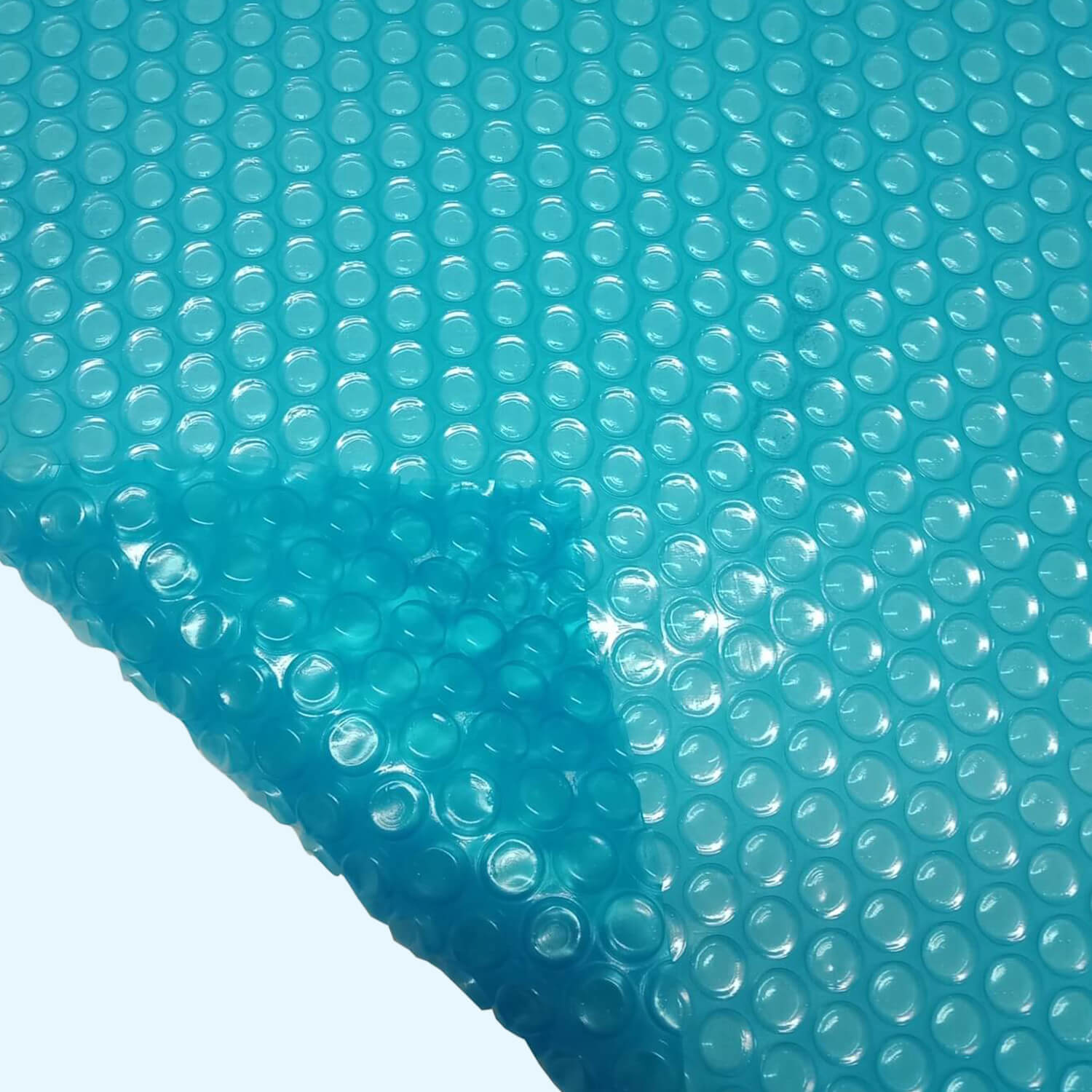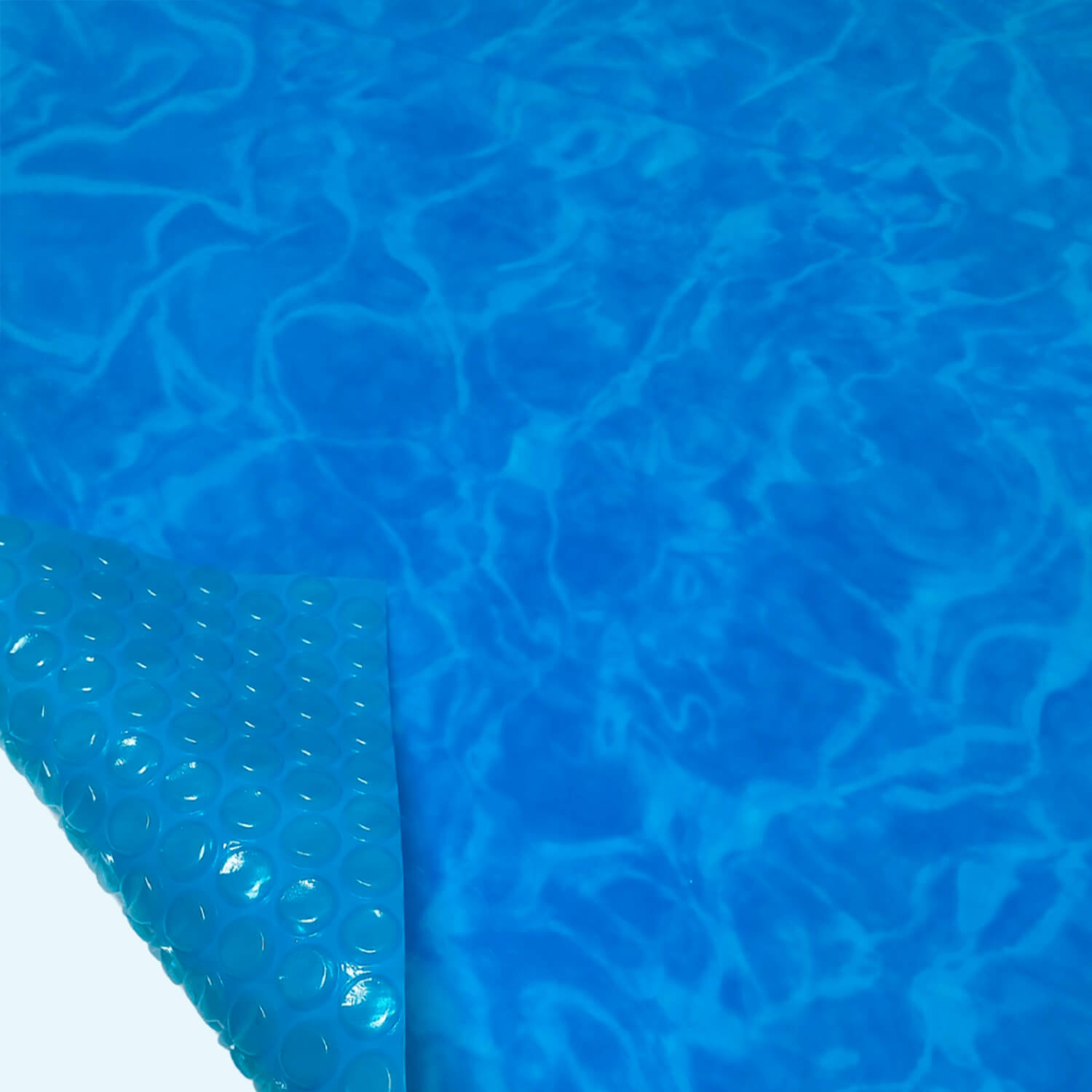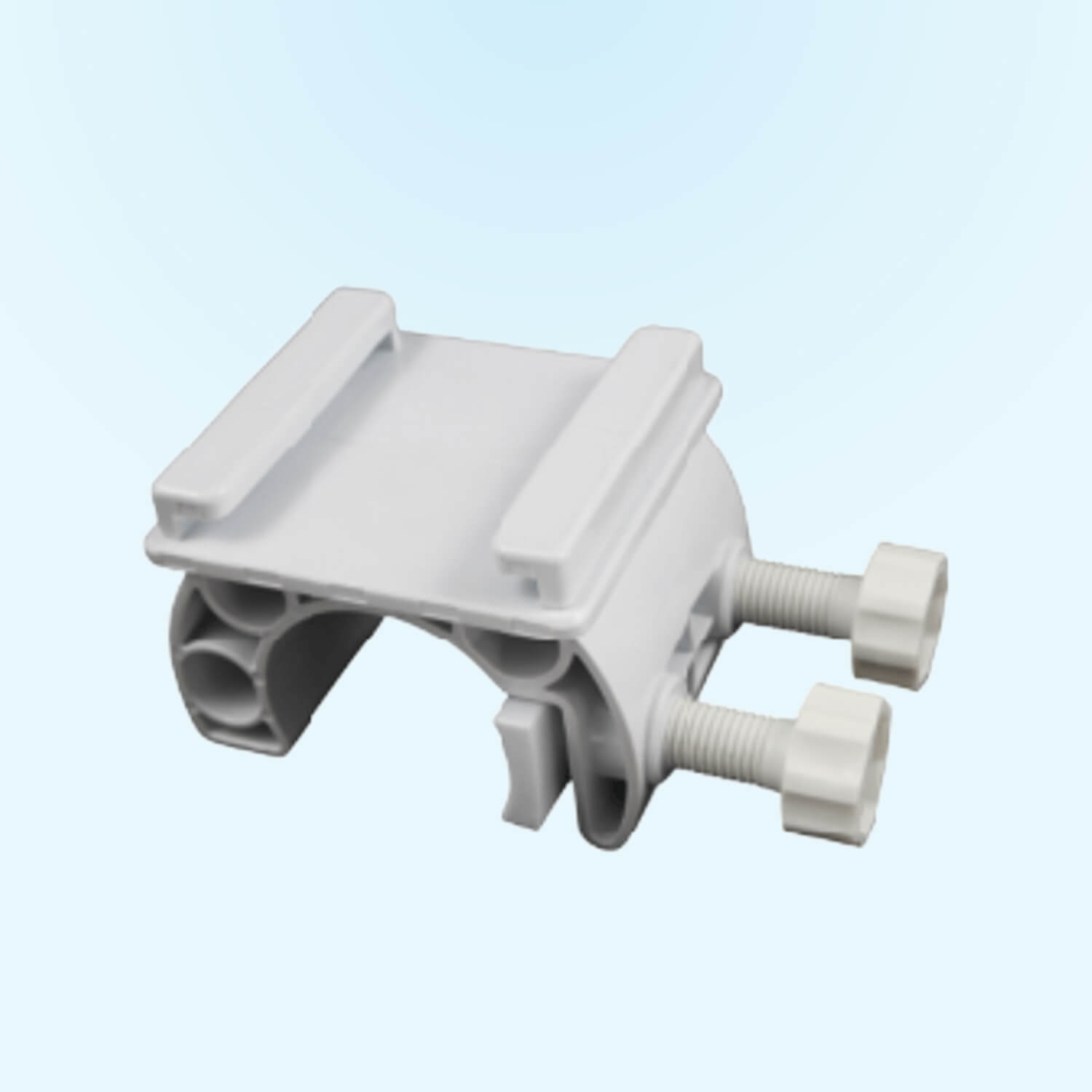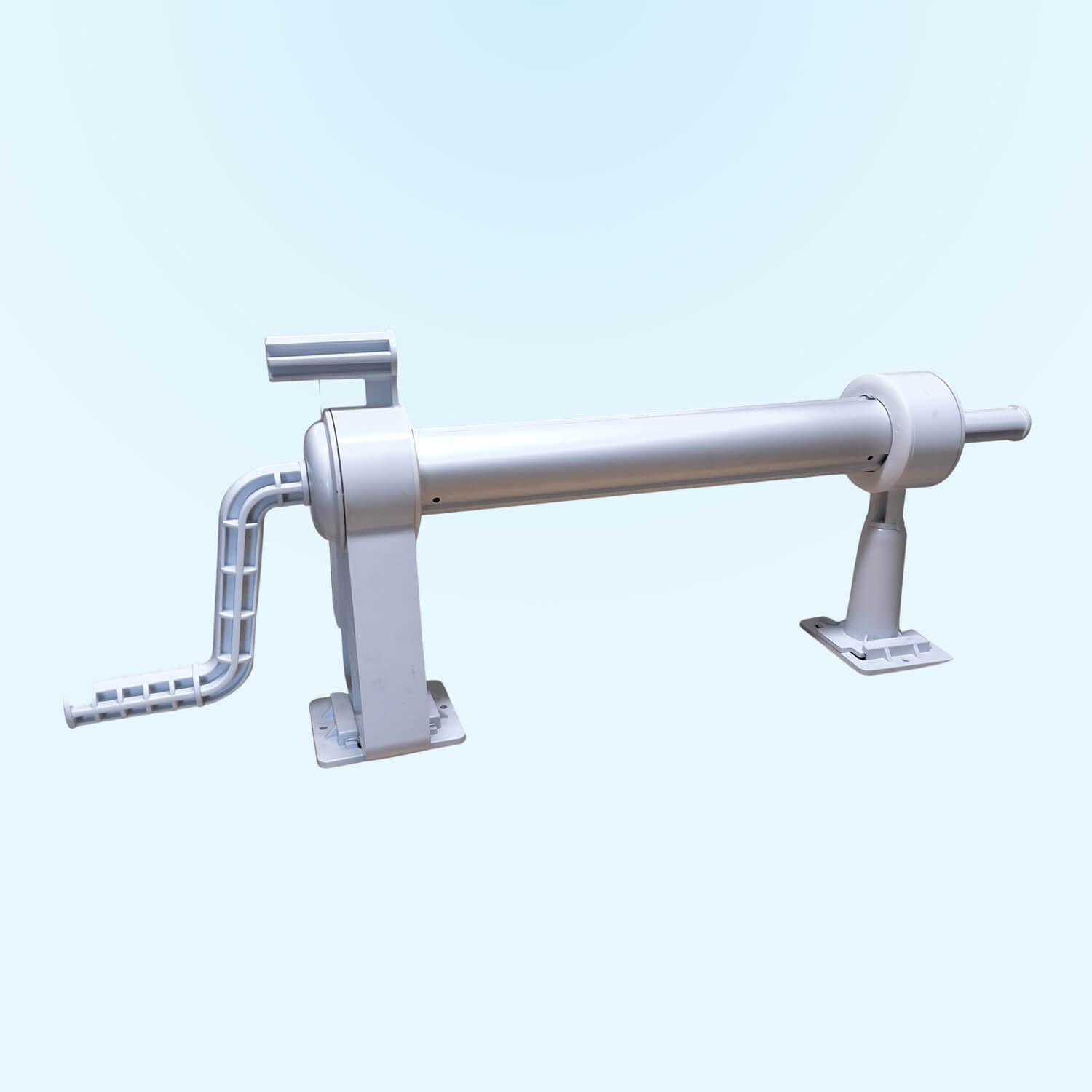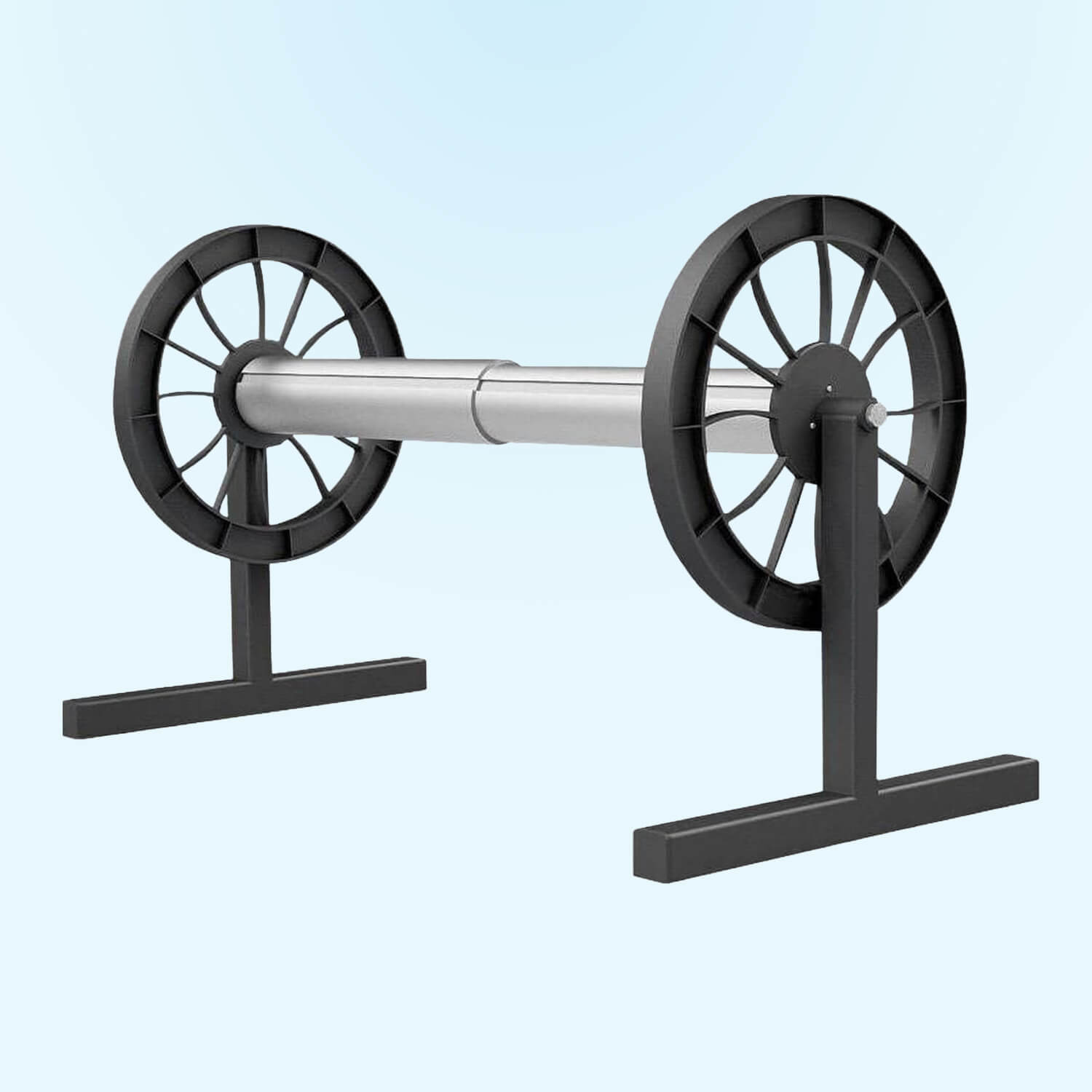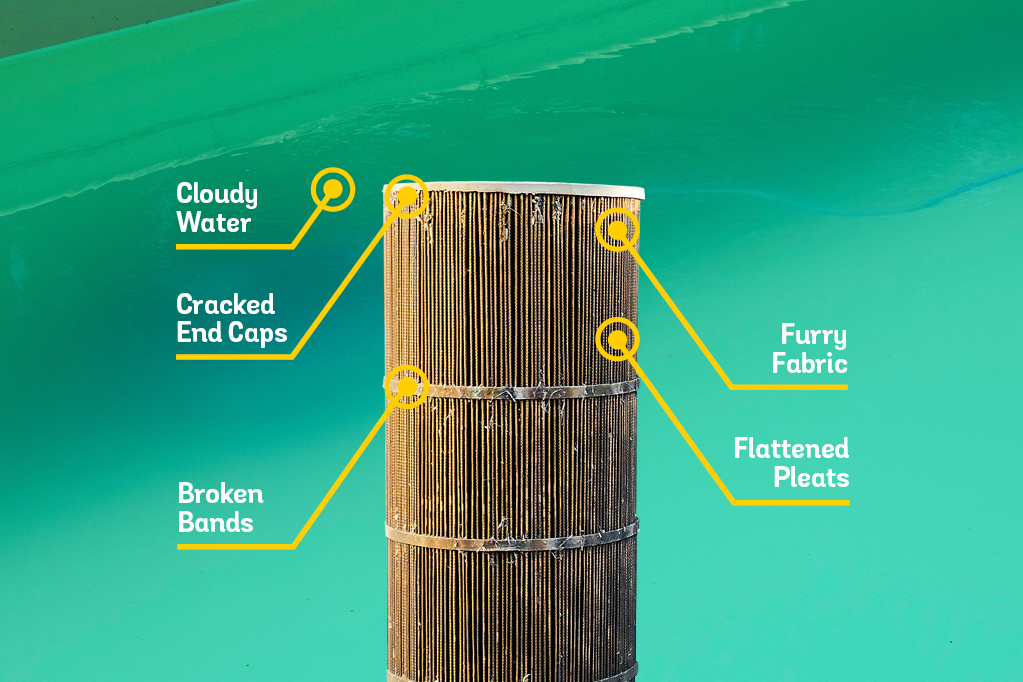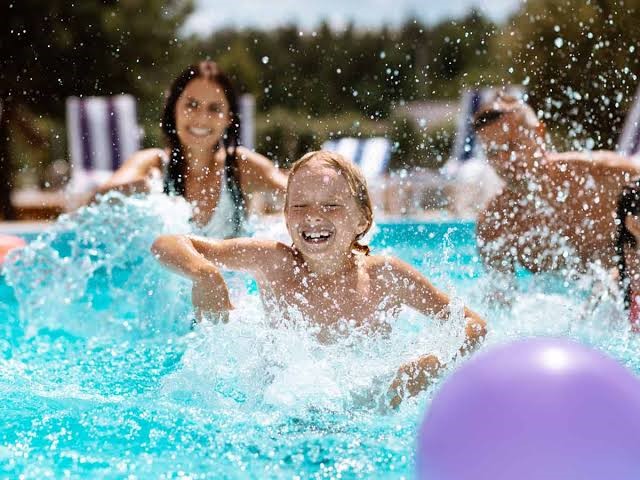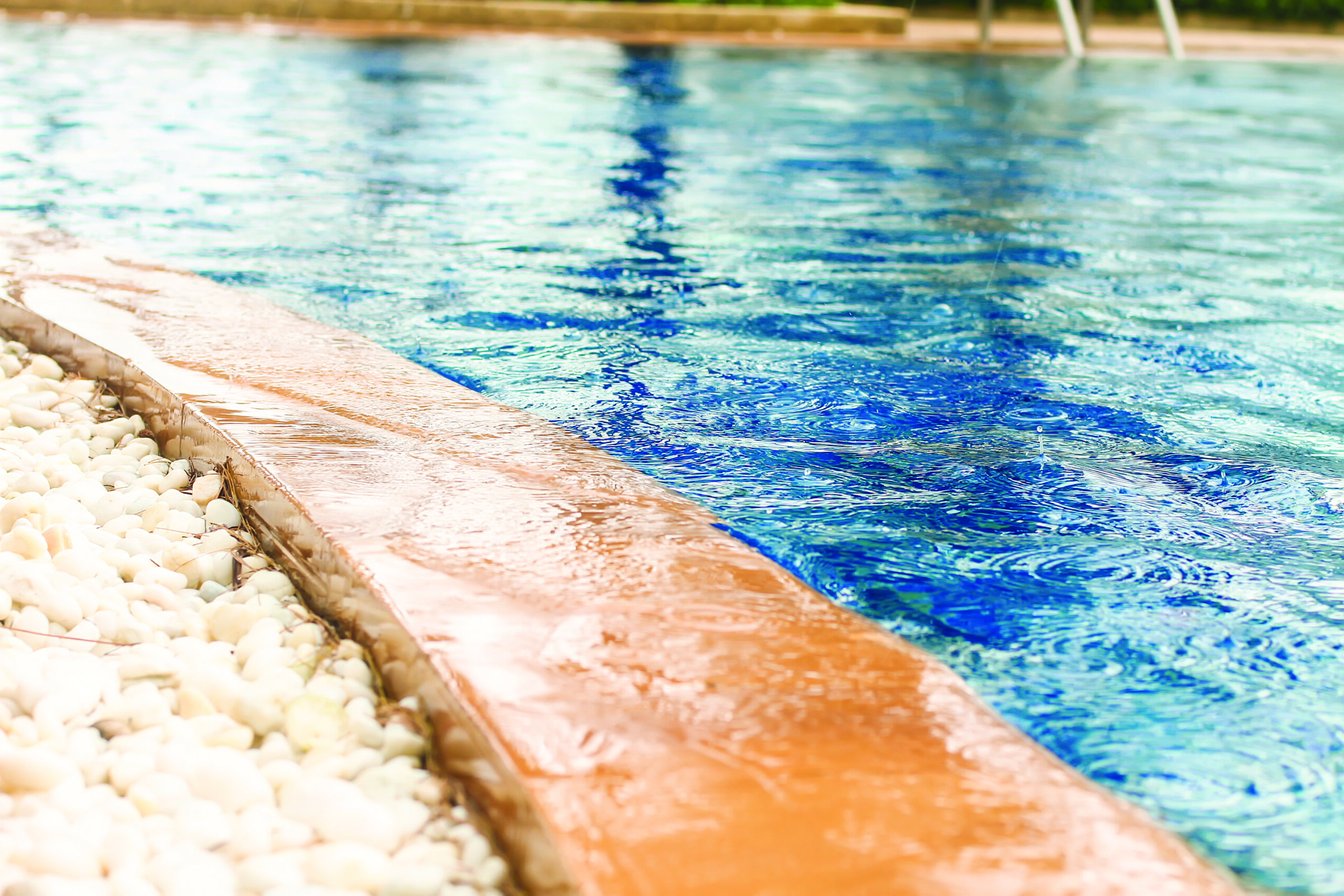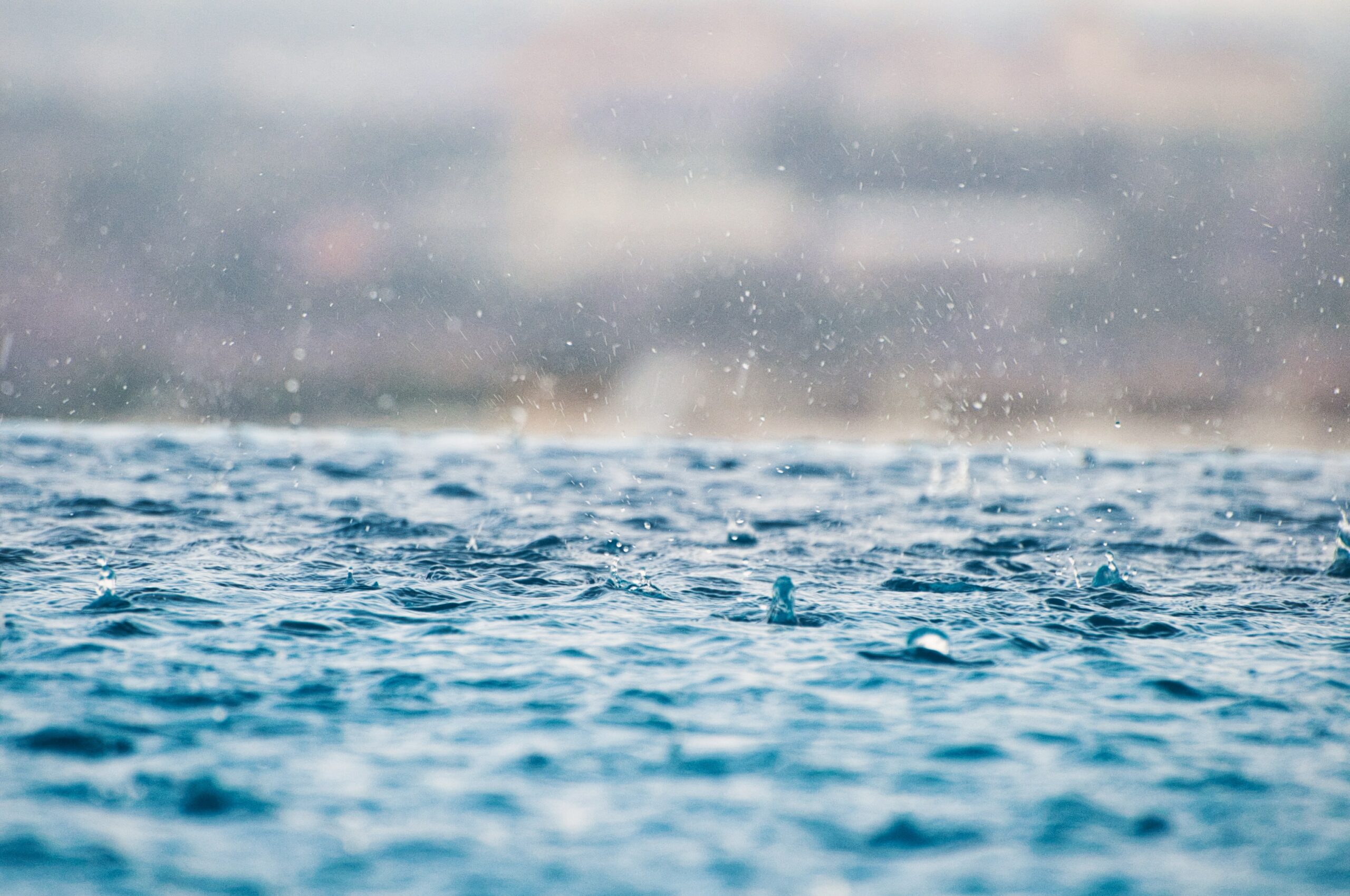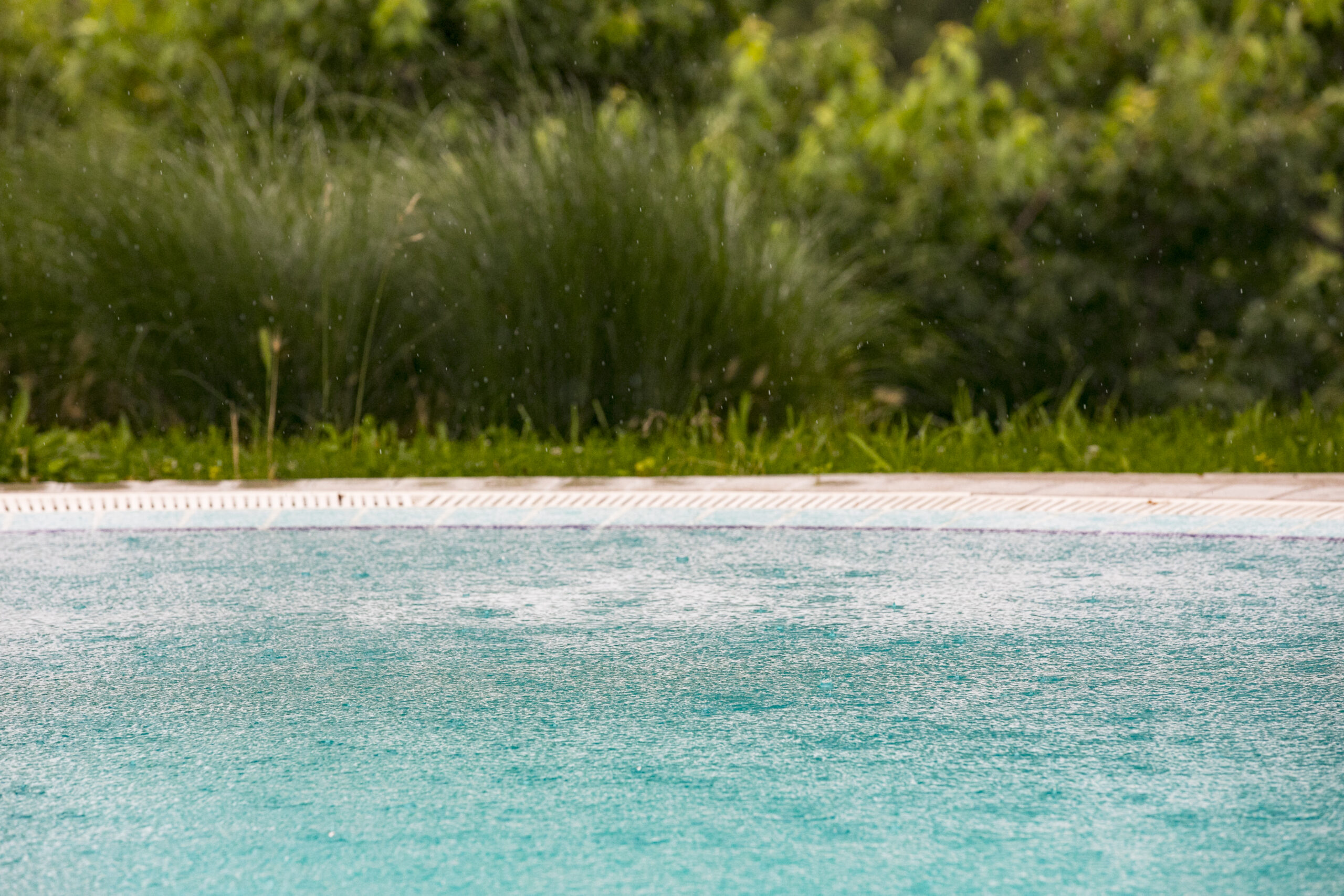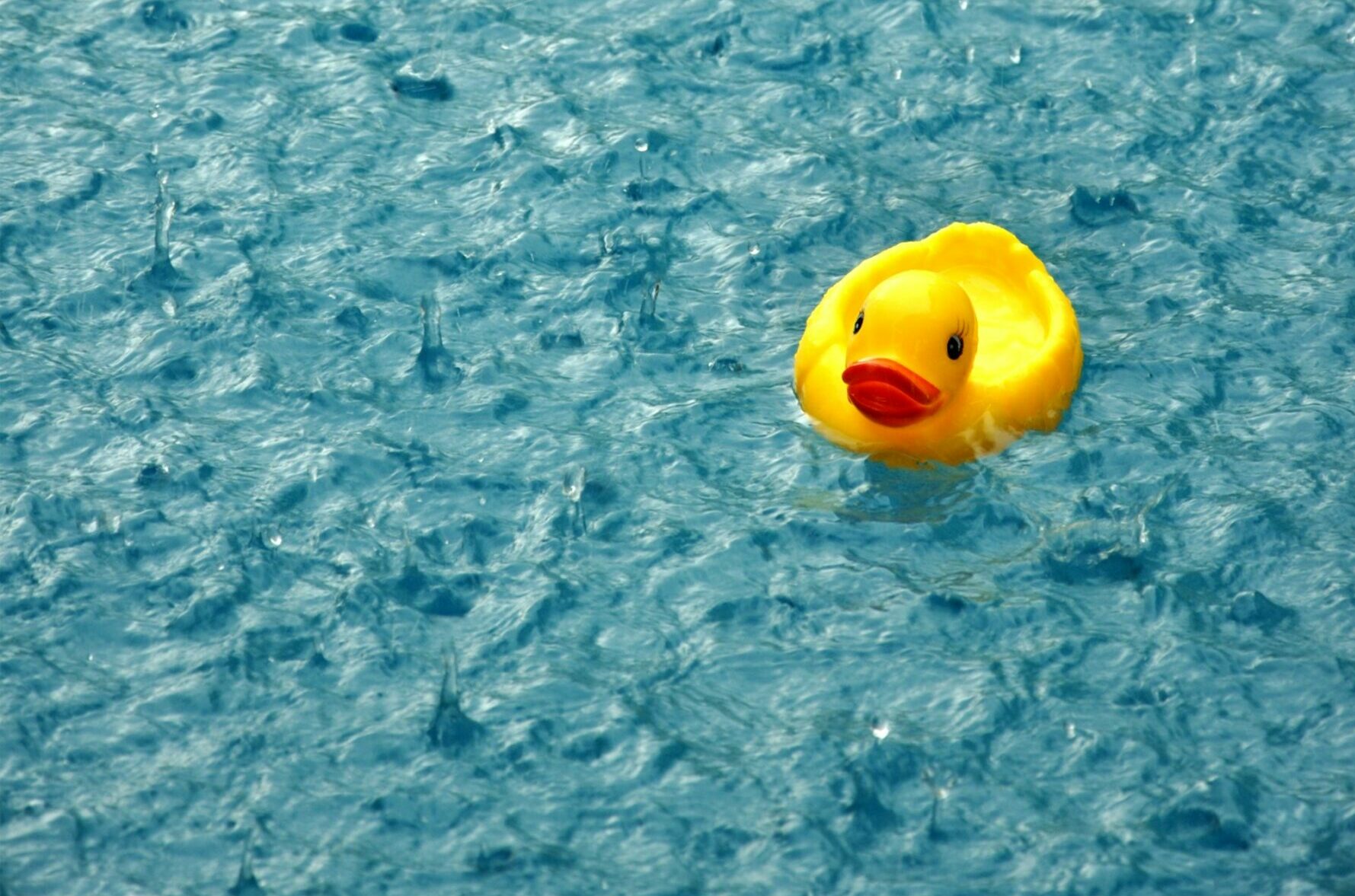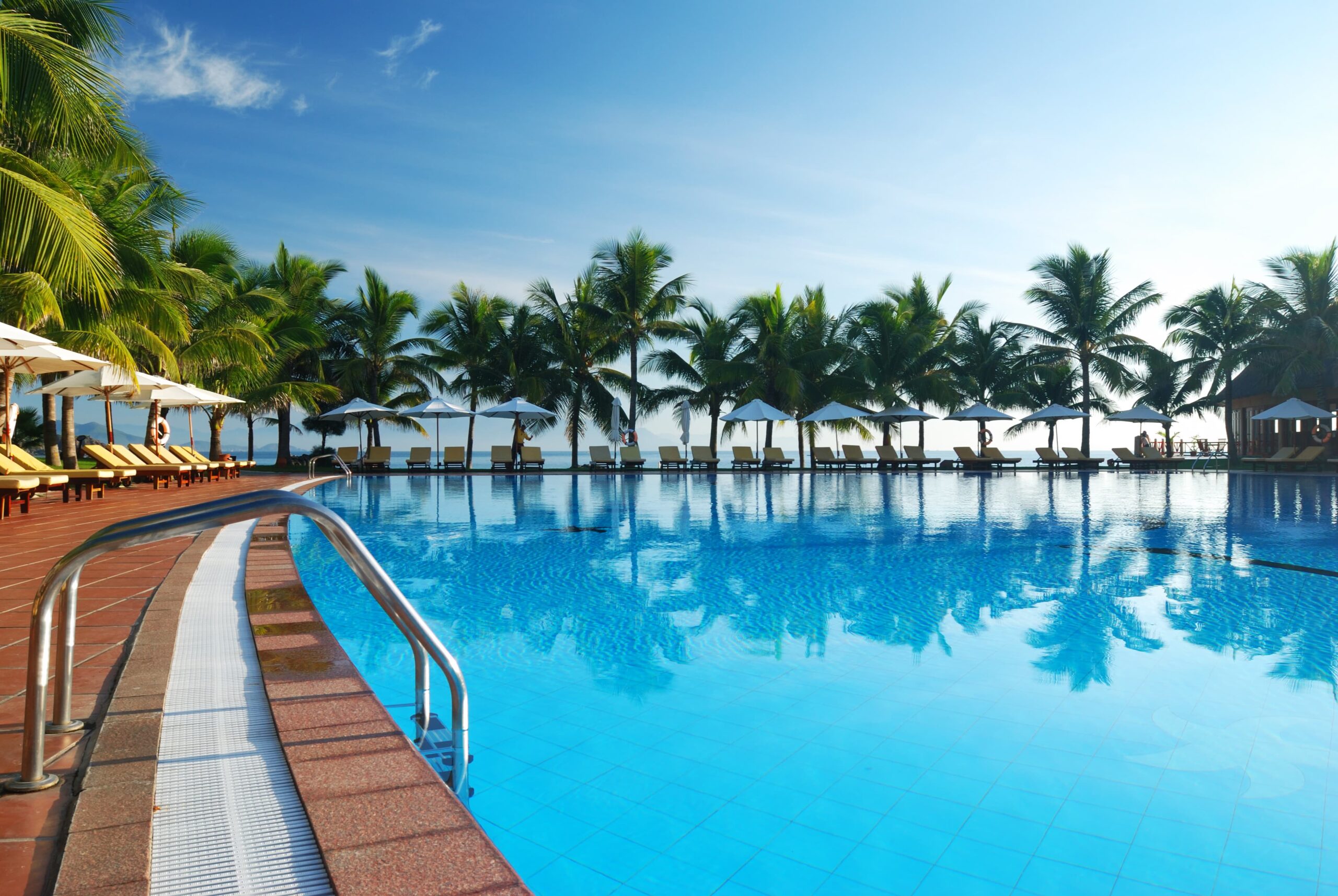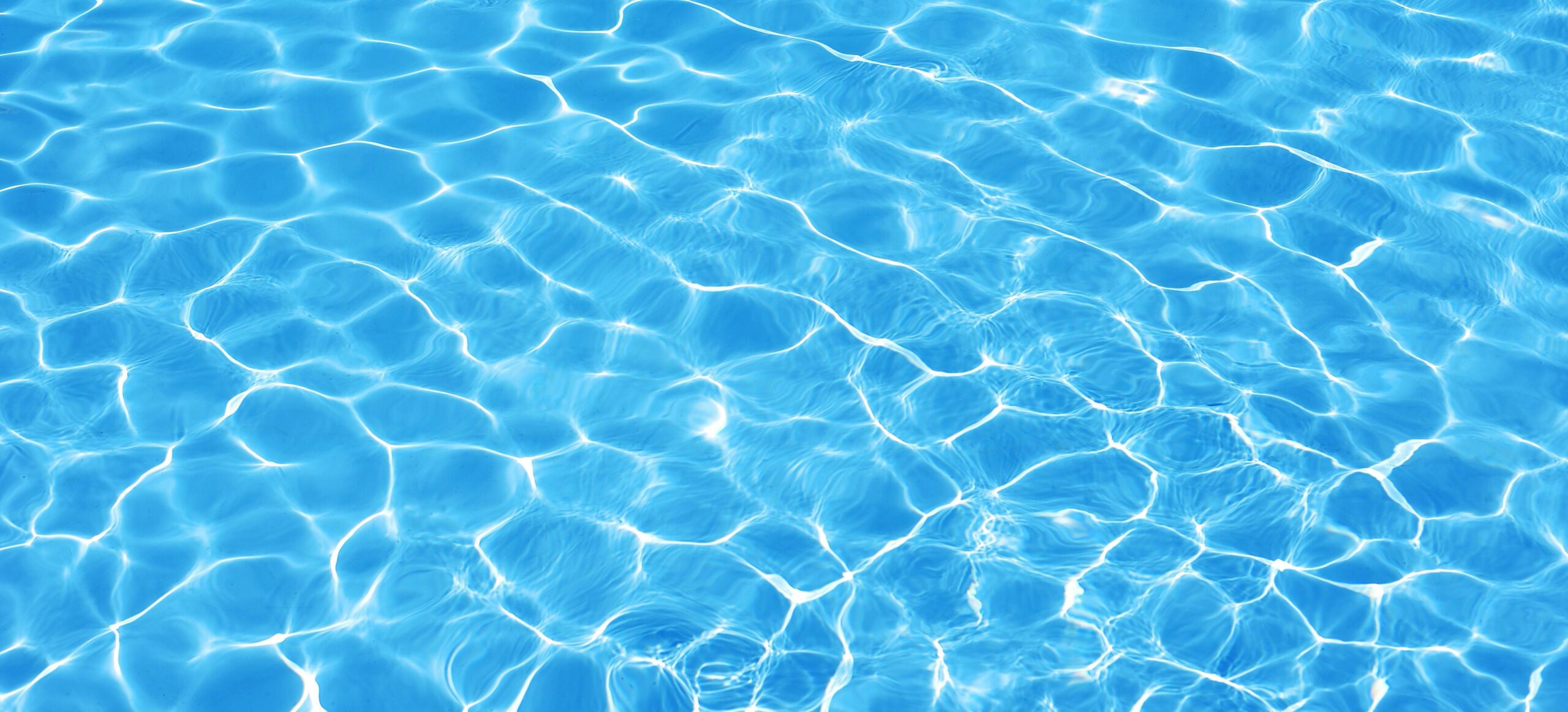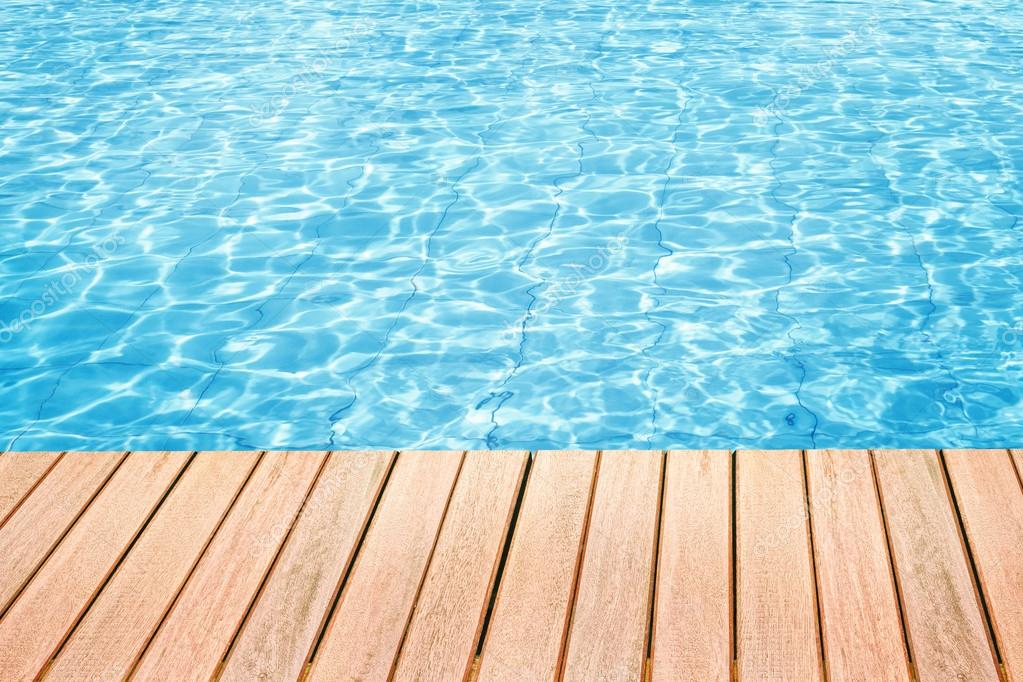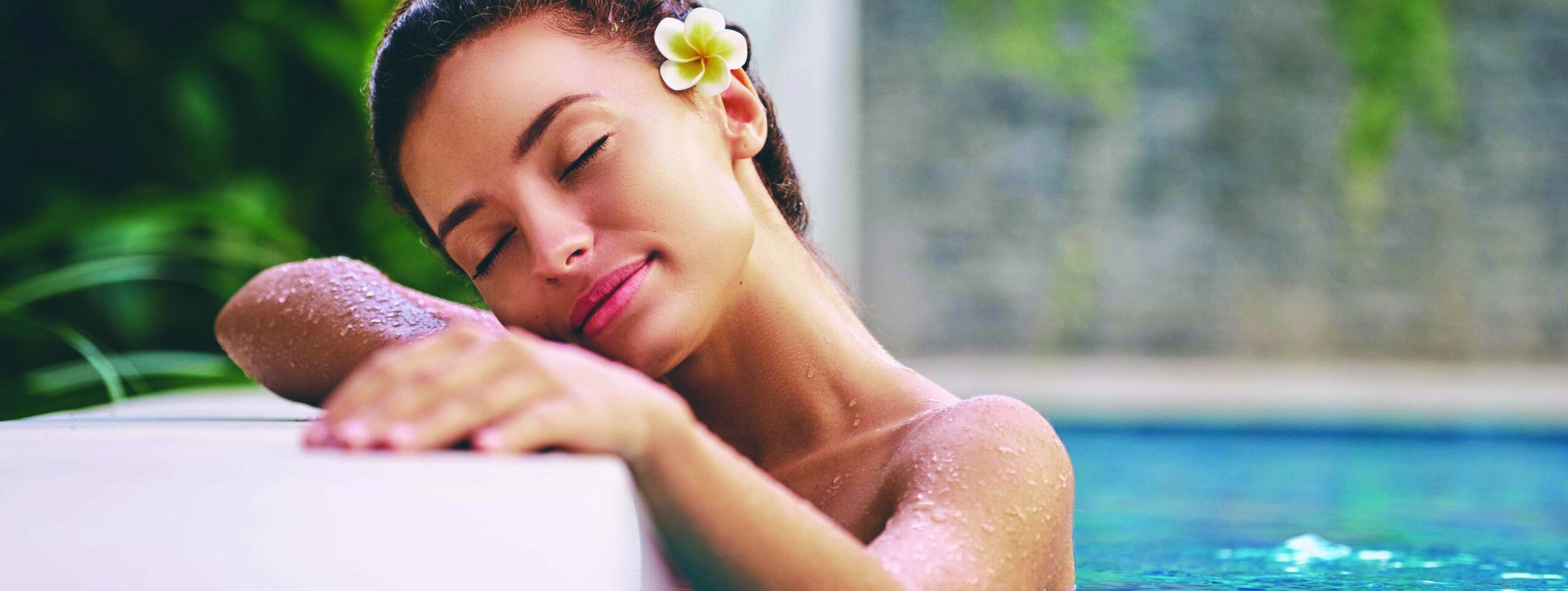Swimart Green Point
Your local experts ready to help make pool care easy
Andrew Phipps
ABOUT SWIMART GREEN POINT
What makes our fully equipped services special is the way we make pool and spa care easy. We do this by knowing what products best suit your budget and lifestyle and how to minimise maintenance, so you spend more time enjoying your investment.
Swimart Green Point provides several professional pool and spa care services, including:
- Free computerised water testing
- Contactless services
- Expert advice and installation
- High-quality pool equipment
- Equipment servicing and repairs
- Replacement and spare parts
- Weekly, fortnightly or monthly home service options
- Affordable pool chemicals including low-chlorine options
We’re part of a family-owned, Australasian network that brings together more than 37 years of industry experience and expertise.
We service the following suburbs and their surroundings:
- Avoca Beach, Bensville, Bouddi, Copacabana, Davistown, Green Point, Kincumber, Kincumber South, Macmasters Beach, Picketts Valley, Saratoga, Yattalunga, NSW 2251
- Blackwall, Horsfield Bay, Koolewong, Little Wobby, Patonga, Pearl Beach, Phegans Bay, Wondabyne, Woy Woy, Woy Woy Bay, NSW 2256
- Erina Heights, Forresters Beach, North Avoca, Terrigal, Wamberal, NSW 2260
Call Swimart Green Point on 02 4365 1655 to arrange a free water test and have a chat about your pool or spa care needs.
Andrew Phipps

Location
Shop 10, Green Point Shopping Village, Avoca Dr Green Point NSW 2251
Social Profiles
Opening Hours
What the locals are saying
Recommended Products
Featured Knowledge Centre
FAQs
In the sunnier months, the sun ‘eats’ your pool’s chlorine. To minimise chlorine loss your pool needs what’s known as ‘sunscreen’.
Using sunscreen on your pool can save you up to 50% on your chlorine expenses for chlorine swimming pools and it means shorter chlorination times for saltwater swimming pools.
Some chlorine products known as stabilised chlorines contain sunscreen, while those that don’t are referred to as unstabilised chlorines. Even with stabilised chlorines, the sunscreen level should be checked monthly.
The best way to do this is to come in and test the water at your local Swimart store.
TIP: Sunscreen helps minimise chlorine loss from your pool.
TIP: Sunscreen levels should be checked every month.
There are three basic types of pool heating systems. They include solar, gas and heat pumps.
Why choose solar? Solar heating is popular because the energy to heat the water is free. You can harness the power of the sun to extend your swimming season.
The principles involved in solar pool heating are very simply illustrated. Imagine a garden hose that has been lying in the sun for hours. When you turn on the tap, out comes hot water. That’s solar heating: the sun’s energy has been absorbed by the hose and transmitted as heat to the water inside it. The hose acts as a solar collector.
TIP: Solar pool heating harnesses the sun’s power and extends your swimming season.
Shocking your pool or spa kills bacteria, live organisms and burn off other contaminants (like dirt, debris or algal spores), so your pool sparkles and you can swim safely, sooner – within 15 minutes in some cases!
In some circumstances (when your pool or spa is very low on chlorine) you may need to ‘shock’ it by adding a large dose of chlorine.
Talk to your local Swimart pool and spa specialist about when and how to correctly shock your pool.
TIP: Shocking your pool helps your pool sparkle so you can swim safely, sooner.
Contrary to popular opinion, too much chlorine can make swimming uncomfortable by creating sore eyes and itchy skin for swimmers. Maintaining correct chlorine levels at all times is important.
Take a sample of your pool water along to your local Swimart pool and spa specialist for computer testing. They will analyse your pool or spa water and advise you on how much chlorine is suitable for your pool or spa.
TIP: Correct chlorine levels ensure a comfortable and safe swimming environment.
Chemically balanced and sanitised water (measuring correct sanitiser, pH, alkalinity and calcium levels) prevents scaling, corrosion, as well as unnecessary damage to pool equipment and allows sanitisers to work effectively.
It also ensures that your pool water is safe to swim in. If water is out of balance, the effectiveness of sanitation is diminished and you may need to use more chemicals to maintain clean and healthy water. Balanced water looks better, too!
Talk to Swimart today about how to sanitise your pool water.
TIP: Balanced pool water prevents unnecessary pool and equipment damage and provides a safer and healthier swim.
Heavy rain can change the pH level of your pool water. Water out of balance is uncomfortable for swimmers (think irritated skin and sore eyes). It can cause expensive damage to your pool and equipment and interfere with pool sanitisation.
Hurry! Ask your local Swimart pool and spa specialist about getting the right balance for your pool type and size.
TIP: Always balance your pool water after rain.
Pool covers save water by reducing evaporation and heat loss, plus they keep leaves and other debris out of your pool. Pool covers can extend your swimming season by keeping heat in! They also help preserve the chemical balance of your pool’s water and keeps the pool cleaner, saving you time and money.
Talk to Swimart about pool covers, blankets and other protective measures for your pool.
TIP: Pool covers extend your swimming season, reduce heat loss, reduce evaporation and chemical use and keep debris out of your pool.
To keep your pool cleaner in good working condition, regularly clean your skimmer box and pump basket. Backwashing and rinsing your filter regularly will also help. Many factors impact upon the performance of your pool cleaner, including dirty filters, excessive chemical use, unbalanced water and incorrect suction levels.
Talk to your local Swimart pool and spa specialist about how to maximise the performance of your pool cleaner year-round.
TIP: Clean your skimmer box and pump basket and backwash your filter regularly to keep your cleaner in top condition.
Chemicals are potentially dangerous and may present some hazards if not used properly. Carefully follow the manufacturer’s instructions for the use and storage of chemicals and follow these tips:
• Never allow pool chemicals to mix with each other or household chemicals. Use a clean scoop for each chemical and never combine material from “old” and “new” containers. Chemical reactions could take place resulting in possible fires or explosions.
• Never use metallic utensils- use plastic, glass, china or enamelware utensils and buckets only, and be sure that they are clean and dry.
• Add chemicals to water. Never add water to chemicals.
• Always add chemicals directly to the pool water, either in a suitable feeder, distributed across the surface of the pool, or diluted and poured into the water. Follow label use instructions.
• Never add chemcials to the pool water while swimmers are using the pool.
• Keep chemicals out of reach of children.
• Never reuse old chemical containers.
• Wash out empty disinfectant containers before disposing to eliminate danger of fire, explosion or poisoning.
• Carefully clean up any spilled chemicals with large amounts of water to dilute and wash away the chemcials.
• Do not inhale dust or fumes from any pool chemicals. If necessary use protective devices from breathing, handling and eye protection.
• Promptly wash off any residues which get on your skin.
• Chemicals for test kits should be replaced each year.
• Keep the original lids on all chemical containers and makre sure the lids are closed tightly when not is use.
• Don’t stack different chemicals on top of one another.
• Keep liquid chemicals away from dry chemicals.
• Physically seperate all different forms of chemicals.
• Store your chemicals in a clean, cool, dry, well-ventilated area.
• Do not store chemicals near the pool heater.
• Keep acids away from other chemicals.
• Do not sore your pool chemicals where other flammable items may mix with them. For example, a mixture of pool chemicals and fertilizer can cause a fire or explosion.
• Add each chemical to the pool separately.
• Follow all label directions and use instructions carefully.
• Keep your hands clean and dry, and wash your hands before and after handling chemicals.
• Always have your pump on when adding chemicals, and filter the water for at least two hours prior unless specified by your local Swimart pool and spa specialist.
• Use protective eyewear and clothing when handling chemicals
See your local Swimart pool and spa specialist for more tips on pool chemical handling safety. TIP: Wash your hands after handling pool chemicals. TIP: Don’t mix your pool chemicals.
Over time, the sand in your filter will become uneven as a result of ‘water channeling’. This reduces your filter’s ability to effectively and efficiently do its job – and clean your water. For optimum filtration, it is recommended that you replace sand, on average, every five years.
To find out how to get the most from your filtration system and discuss sand replacement, speak to your local Swimart pool and spa specialist.
TIP: Replace your sand approximately every five years.
Filter socks, which trap large leaves, debris and small dirt particles, offer a low-cost, easy way to keep your pump basket clean and minimising larger debris from going into your filtration system. Filter socks are simple and quick to replace, too – saving you time!
Find out about filter socks at your local Swimart pool and spa specialist.
TIP: Filter socks keep the larger debris out of your pool filtration system, saving you time.
